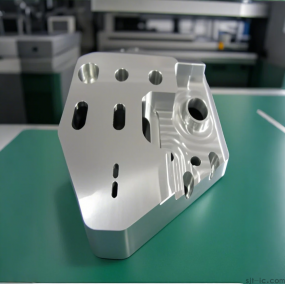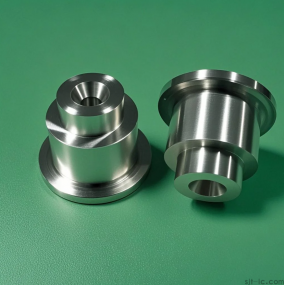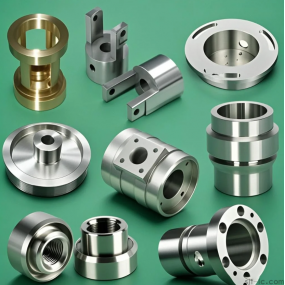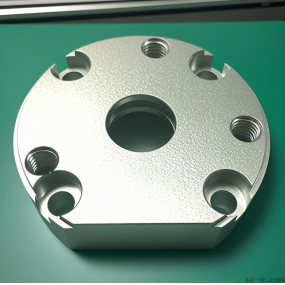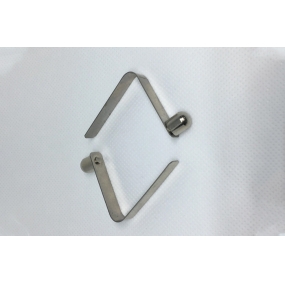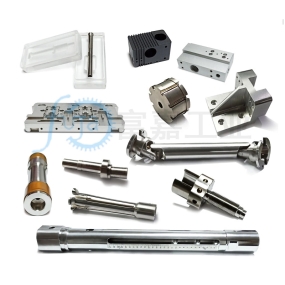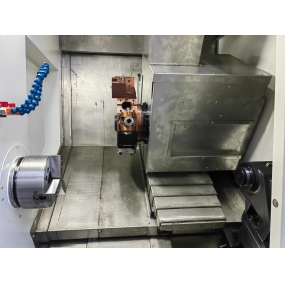Why has aluminum become the top choice for CNC Machining?
Aluminum, renowned for its lightweight properties, corrosion resistance, and excellent machinability, has emerged as a core material in aerospace, automotive manufacturing, and electronic products. Particularly, the 6061 and 7075 aluminum alloys strike a balance between strength and ductility, ensuring high stability during batch machining 🔥. CNC technology enables precise cutting of complex structures through numerical programming, with tolerances controlled within ±0.1mm, significantly reducing the scrap rate.
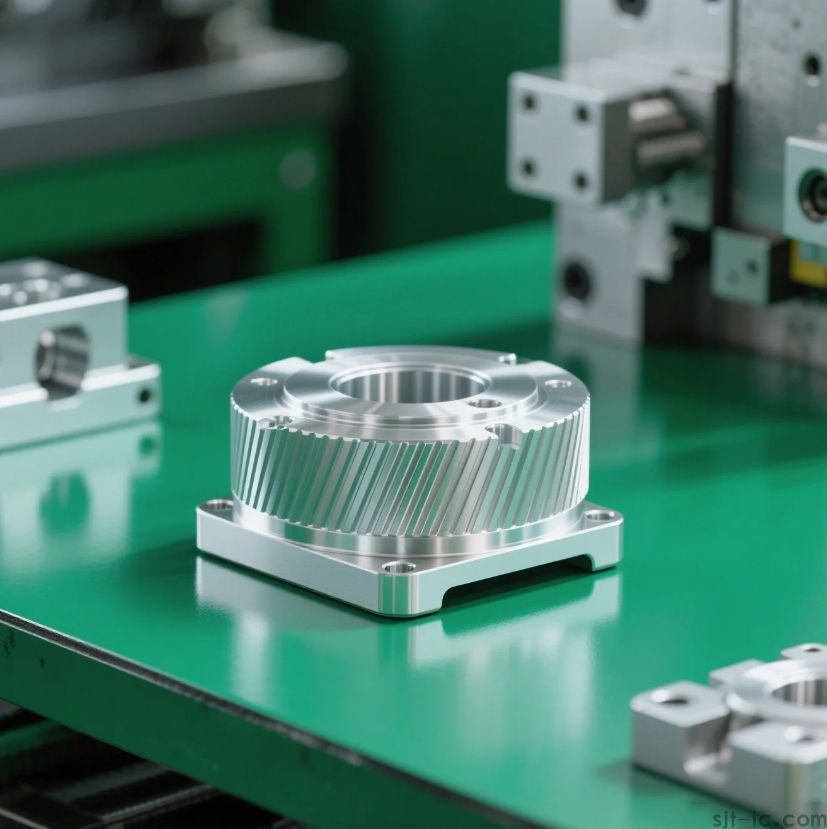
Core challenges and solutions for custom non-standard aluminum parts
Non-standard parts need to meet unique design requirements, yet traditional machining often faces issues like dimensional deviations or surface scratches. A phased approach is recommended to address these problems:
1. Design phase: Use simulation software to predict stress concentration points and optimize thin-walled structures.
2. Tool selection: Given aluminum’s adhesive nature, adopt sharp-angle end mills to minimize burrs.
3. Cooling solution: Use high-pressure cutting fluid for flushing and heat dissipation to prevent high-temperature deformation.
💡 Personal perspective: The key to successful non-standard customization lies in early-stage communication — it is essential to clarify the tolerance markings on drawings and application scenarios to avoid rework!
Cost control and efficiency optimization for batch machining
The core demand for batch orders is cost reduction and efficiency improvement. A comparison of three common processes reveals the following:
| Process Type | Time per Piece | Suitable for Batch Size | Compatibility with Surface Treatment |
|--------------|----------------|-------------------------|---------------------------------------|
| CNC Milling | 15 minutes | 500+ pieces | Anodization / Sandblasting |
| Die Casting | 5 minutes | 5000+ pieces | Limited electroplating |
| 3D Printing | 30 minutes | ≤ 50 pieces | Post-processing required (e.g., polishing) |
Although CNC machining takes slightly longer per piece, it is ideal for fast response in small-to-medium batch production and supports integrated molding of multiple materials.
How to select a reliable CNC machining supplier?
⚠️ A supplier’s capabilities directly determine the quality of finished products. Focus on evaluating four key dimensions:
- Equipment precision: Verify whether the supplier is equipped with 5-axis CNC machines and laser detectors.
- Quality control process: Request ISO 9001 certification and samples of full inspection reports.
- Material traceability: High-quality manufacturers will provide original aluminum material quality certificates.
- Delivery cases: Refer to successful projects in similar industries (e.g., automotive parts).
A large number of mature suppliers are concentrated in South China, such as Dongguan and Shenzhen, with some offering urgent order delivery within 3-5 days 📅.
Surface treatment: The key to enhancing aluminum part lifespan and aesthetics
Bare aluminum parts are prone to oxidation, so surface treatment processes should be selected based on application scenarios:
- Anodization: Improves wear resistance, with optional colors (black/silver are most commonly used).
- Sandblasting: Creates a matte texture and conceals machining marks.
- Electroless nickel plating: Suitable for high-corrosion environments (e.g., marine equipment).
✨ Exclusive data: In 2024, 60% of complaints related to aluminum part machining stemmed from inconsistencies between surface treatment and agreed standards — be sure to confirm treatment standards before signing a contract!
Future trends: Intelligent production and green manufacturing
With the advancement of Industry 4.0, CNC machining factories are gradually introducing IoT monitoring platforms to track equipment status and order progress in real time. Meanwhile, stricter environmental requirements have driven the popularization of cutting fluid recycling technology, reducing waste fluid discharge by 90% 🌱. Choosing enterprises with green factory certification ensures more stable long-term cooperation.


 Spanish
Spanish Arabic
Arabic French
French Portuguese
Portuguese Belarusian
Belarusian Japanese
Japanese Russian
Russian Malay
Malay Icelandic
Icelandic Bulgarian
Bulgarian Azerbaijani
Azerbaijani Estonian
Estonian Irish
Irish Polish
Polish Persian
Persian Boolean
Boolean Danish
Danish German
German Filipino
Filipino Finnish
Finnish Korean
Korean Dutch
Dutch Galician
Galician Catalan
Catalan Czech
Czech Croatian
Croatian Latin
Latin Latvian
Latvian Romanian
Romanian Maltese
Maltese Macedonian
Macedonian Norwegian
Norwegian Swedish
Swedish Serbian
Serbian Slovak
Slovak Slovenian
Slovenian Swahili
Swahili Thai
Thai Turkish
Turkish Welsh
Welsh Urdu
Urdu Ukrainian
Ukrainian Greek
Greek Hungarian
Hungarian Italian
Italian Yiddish
Yiddish Indonesian
Indonesian Vietnamese
Vietnamese Haitian Creole
Haitian Creole Spanish Basque
Spanish Basque

